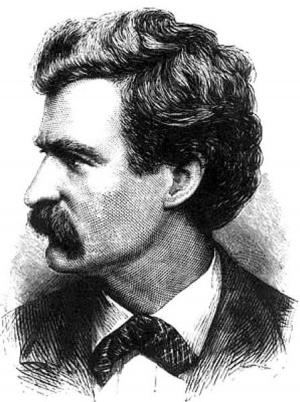A History of Science (Complete)
Nonfiction, Religion & Spirituality, New Age, History, Fiction & Literature| Author: | Edward Huntington Williams | ISBN: | 9781465527233 |
| Publisher: | Library of Alexandria | Publication: | March 8, 2015 |
| Imprint: | Language: | English |
| Author: | Edward Huntington Williams |
| ISBN: | 9781465527233 |
| Publisher: | Library of Alexandria |
| Publication: | March 8, 2015 |
| Imprint: | |
| Language: | English |
Should the story that is about to be unfolded be found to lack interest, the writers must stand convicted of unpardonable lack of art. Nothing but dulness in the telling could mar the story, for in itself it is the record of the growth of those ideas that have made our race and its civilization what they are; of ideas instinct with human interest, vital with meaning for our race; fundamental in their influence on human development; part and parcel of the mechanism of human thought on the one hand, and of practical civilization on the Other. Such a phrase as "fundamental principles" may seem at first thought a hard saying, but the idea it implies is less repellent than the phrase itself, for the fundamental principles in question are so closely linked with the present interests of every one of us that they lie within the grasp of every average man and woman—nay, of every well-developed boy and girl. These principles are not merely the stepping-stones to culture, the prerequisites of knowledge—they are, in themselves, an essential part of the knowledge of every cultivated person. It is our task, not merely to show what these principles are, but to point out how they have been discovered by our predecessors. We shall trace the growth of these ideas from their first vague beginnings. We shall see how vagueness of thought gave way to precision; how a general truth, once grasped and formulated, was found to be a stepping-stone to Other truths. We shall see that there are no isolated facts, no isolated principles, in nature; that each part of our story is linked by indissoluble bands with that which goes before, and with that which comes after. For the most part the discovery of this principle or that in a given sequence is no accident. Galileo and Keppler must precede Newton. Cuvier and Lyall must come before Darwin;—Which, after all, is no more than saying that in our Temple of Science, as in any Other piece of architecture, the foundation must precede the superstructure. We shall best understand our story of the growth of science if we think of each new principle as a stepping-stone which must fit into its own particular niche; and if we reflect that the entire structure of modern civilization would be different from what it is, and less perfect than it is, had not that particular stepping-stone been found and shaped and placed in position. Taken as a whole, our stepping-stones lead us up and up towards the alluring heights of an acropolis of knowledge, on which stands the Temple of Modern Science. The story of the building of this wonderful structure is in itself fascinating and beautiful. I. PREHISTORIC SCIENCE
Should the story that is about to be unfolded be found to lack interest, the writers must stand convicted of unpardonable lack of art. Nothing but dulness in the telling could mar the story, for in itself it is the record of the growth of those ideas that have made our race and its civilization what they are; of ideas instinct with human interest, vital with meaning for our race; fundamental in their influence on human development; part and parcel of the mechanism of human thought on the one hand, and of practical civilization on the Other. Such a phrase as "fundamental principles" may seem at first thought a hard saying, but the idea it implies is less repellent than the phrase itself, for the fundamental principles in question are so closely linked with the present interests of every one of us that they lie within the grasp of every average man and woman—nay, of every well-developed boy and girl. These principles are not merely the stepping-stones to culture, the prerequisites of knowledge—they are, in themselves, an essential part of the knowledge of every cultivated person. It is our task, not merely to show what these principles are, but to point out how they have been discovered by our predecessors. We shall trace the growth of these ideas from their first vague beginnings. We shall see how vagueness of thought gave way to precision; how a general truth, once grasped and formulated, was found to be a stepping-stone to Other truths. We shall see that there are no isolated facts, no isolated principles, in nature; that each part of our story is linked by indissoluble bands with that which goes before, and with that which comes after. For the most part the discovery of this principle or that in a given sequence is no accident. Galileo and Keppler must precede Newton. Cuvier and Lyall must come before Darwin;—Which, after all, is no more than saying that in our Temple of Science, as in any Other piece of architecture, the foundation must precede the superstructure. We shall best understand our story of the growth of science if we think of each new principle as a stepping-stone which must fit into its own particular niche; and if we reflect that the entire structure of modern civilization would be different from what it is, and less perfect than it is, had not that particular stepping-stone been found and shaped and placed in position. Taken as a whole, our stepping-stones lead us up and up towards the alluring heights of an acropolis of knowledge, on which stands the Temple of Modern Science. The story of the building of this wonderful structure is in itself fascinating and beautiful. I. PREHISTORIC SCIENCE















